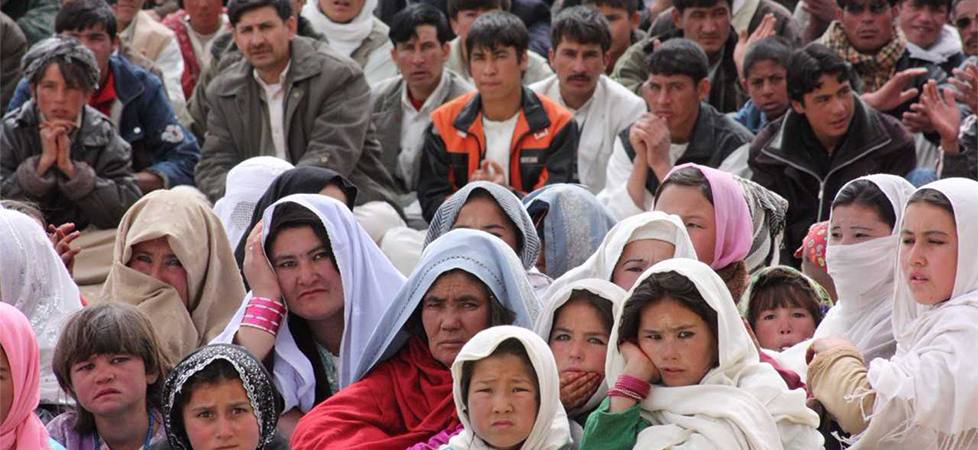Location: Luce Hall Auditorium
Time: 2:00pm – 3:30pm, April 13, 2018
Chair: Tom Barfield
Drawing on two ground-breaking papers, this panel addresses a major gap in the existing scholarship surrounding identity in Afghanistan; that of the impact of humanitarian action and actors upon Afghan subjectivities and wider process of social change.
Antonio Donini – The Afghan Crisis in Historical Perspective: Humanitarian Action as a Vector of Social Change
The Afghan crisis spans a 40-year period that saw the end of the Cold War; the ensuing disorder and reshuffling of political, military, and economic agendas in Central and South Asia; and the putative emergence of a hegemonic order built around globalization and securitization. There is a copious and diverse literature on the conflict, its political implications, as well as on the many failures and few successes of the reconstruction and state-building efforts. But there has been little research on how the conflict has affected local perceptions of the outside world and on how these perceptions – and the interactions between Afghans and outsiders through social processes such as aid – have contributed to change in Afghan society.
Building on recent research and the personal involvement of the author in the provision of humanitarian action, this paper will explore this research gap. It will examine how the prolonged presence of a vast apparatus of humanitarian organizations has profoundly transformed individual subjectivities, collective identities and everyday social relations in Afghanistan. For the population of rural Afghanistan from the 1980s, the presence of foreign aid workers, often young, idealistic and dedicated, represented the only available window on the outside world. However small scale their activities, however intermittent or amateurish, aid agencies became a structural feature in the social landscape of most Afghans. As such, they have been an important vector of change, or at least of ideas of change, for a significant proportion of rural Afghans. The Afghan crisis is an emblematic case that will serve as a starting point for a wider analysis of the vectors of change in conflict and post-conflict situations.
Understanding how humanitarian action and new ideas around rights have contributed to social change will not only fill an important lacuna in our knowledge of social processes in contemporary Afghanistan but will also yield key insights on wider issues such as the power of social and advocacy networks, the functions wittingly or unwittingly performed by outsiders (for example in promoting exogenous values or undermining local cultural practices), the importance of brokers and translators in the outsider-insider relationship, and so on.
Andrea Chiovenda – Globalizing Masculinity? Pashtun Afghans and the Impact of Two Decades of Foreign Development in Afghanistan
After September 11, 2001, Afghanistan was quickly reached by a multitude of international and non-governmental organizations, tasked with providing aid work, relief programs and policy-oriented consultancy. The presence of these organizations in Afghanistan created fresh possibilities for employment for thousands of Afghan citizens, in most cases men. Landing a paid position in one of such organizations has over time become not only the pragmatic, necessary way of securing an income to sustain one’s own family, but also an original path to acquire a degree of clout, prestige and political significance in one’s community. However, especially for Pashtun men living in Pashtun-majority areas of the country, these positions come with strings attached – most importantly, personal vulnerability and threats to individual safety. Nevertheless, this new “class” of private sector administrators and bureaucrats seems to take advantage of the status that derives from a substantive link to foreign models of governance, knowledge and intellectual engagement. They are, with or without their awareness, contributing to the creation of a sense of masculinity and manly worth that is premised on a distinct set of assumptions, different from the ones that were firmly hegemonic until the demise of the Taliban regime in 2002.
The conclusion that Western-inspired ideals are swiftly changing the mindset of previously culturally entrenched and conservative peoples should be questioned on the basis of the possibility that a non-hegemonic aspect of Pashtun culture, present prior to the international intervention in the country, has now found legitimacy and an authorized stage to express itself.


